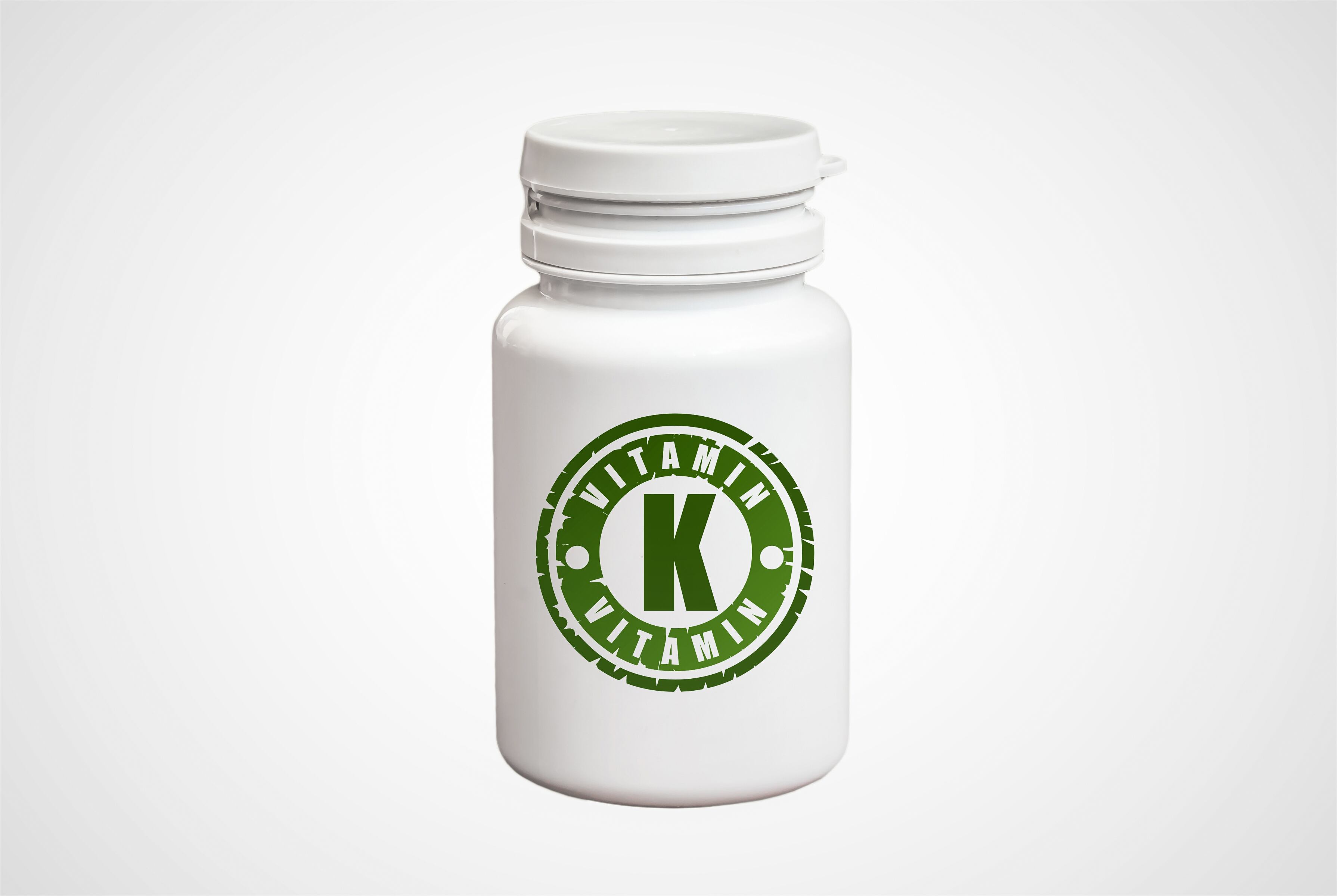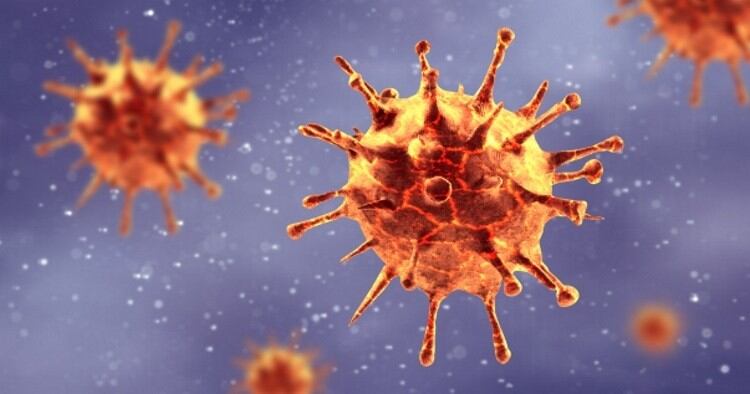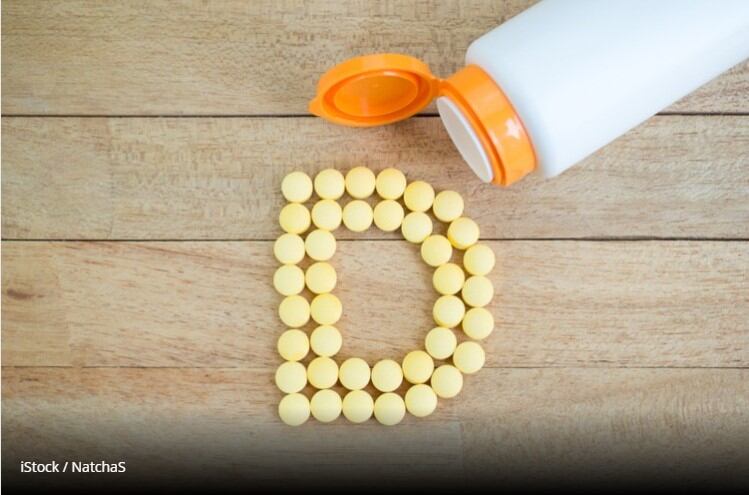A key concern with COVID-19 patients is the development of respiratory failure due to pneumonia but another frequent manifestation contributing to poor outcomes, is thrombosis (the formation of a blood clots).
The mechanisms leading from pulmonary infection to systemic coagulopathy in Covid-19 have not yet been entirely elucidated. It has previously been shown that severe vitamin K deficiency in critically ill patients can be misdiagnosed as disseminated intravascular coagulation (a condition in which small blood clots develop throughout the bloodstream, blocking small blood vessels).
Vitamin K plays a crucial role in activation of both pro- and anticlotting factors in the liver, and the activation of synthesised protein S which seems to be important in thrombosis prevention.
A new research review, funded by Kappa Bioscience AS, a manufacturer of vitamin K2 (MK-7), notes that insufficient vitamin K-dependent matrix Gla protein activation leaves elastic fibres unprotected against COVID-19.
The authors suggest that vitamin K-dependent endothelial protein S activation is also compromised in COVID-19, which would lead to a tendency for clotting.
They propose that insufficient activation of protein S in blood vessel walls and matrix Gla protein (MGP) in the lungs may lead to an increased risk for thrombosis, and lung damage, respectively.
“Considering that vitamin K is important for regulating lung health and blood clotting, vitamin K deficiency during COVID-19 may make both those problems worse,” explain Dr. Rob Janssen and Jona Walk, researchers at the Canisius Wilhelmina Hospital (Nijmegen, The Netherlands), and lead authors of the study.
The report, published in the British Journal of Nutrition, states: "Matrix Gla protein (MGP) is a vitamin K-dependent inhibitor of soft tissue calcification and elastic fibre degradation. Severe extrahepatic vitamin K insufficiency was recently demonstrated in Covid-19 patients, with high inactive MGP levels correlating with elastic fibre degradation rates.
"This suggests that insufficient vitamin K-dependent MGP activation leaves elastic fibres unprotected against SARS-CoV-2 induced proteolysis.
"...The triage theory posits that during times of scarcity, micronutrients are reserved for use in processes that form the greatest threat to short-term survival if not properly executed.
"This implies that in case of vitamin K insufficiency, the vitamin is preferentially transported to the liver for the activation of the abovementioned procoagulant factors at the expense of extrahepatic vitamin K-dependent proteins such as MGP."
The review also highlights the link between vitamin D3 and vitamin K2. The authors note that vitamin D administration - part of certain clinical trials protocols for COVID-19 - may induce short-term hypercalcemia, resulting in an accelerated elastic fiber calcification, and degradation.
The report concludes: "the potential role of vitamin K supplementation to prevent the development and progression of severe Covid-19 remains largely unexplored. We would argue that the impact of the current crisis warrants thorough evaluation of the therapeutic potential of vitamin K in Covid-19 pathogenesis for two key reasons.
"Unlike other treatment strategies currently under development for Covid-19 such as dexamethasone, vitamin K does not have any known unfavourable effects in those who do not use vitamin K antagonists.
"Furthermore, it is relatively simple and inexpensive to manufacture contrary to other therapies like remdesivir or convalescent plasma. Taken together this means that effectiveness can be rapidly and cheaply evaluated in clinical trials and easily implemented if proven successful."
Source: The British Journal of Nutrition
Janssen R, Visser MPJ, Dofferhoff ASM, Vermeer C, Janssens W, Walk J.
"Vitamin K metabolism as the potential missing link between lung damage and thromboembolism in Covid-19"
doi: 10.1017/S0007114520003979.





